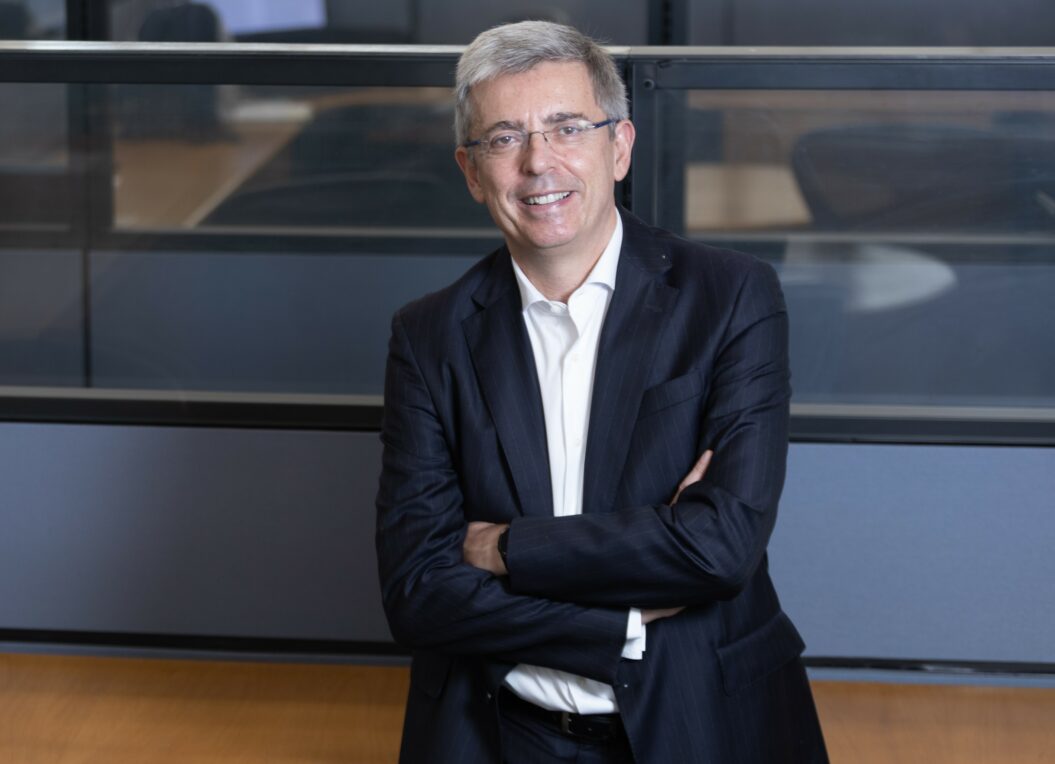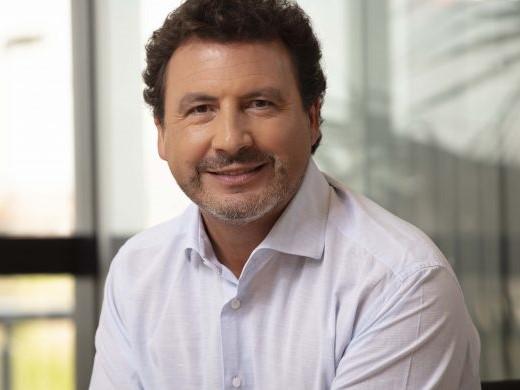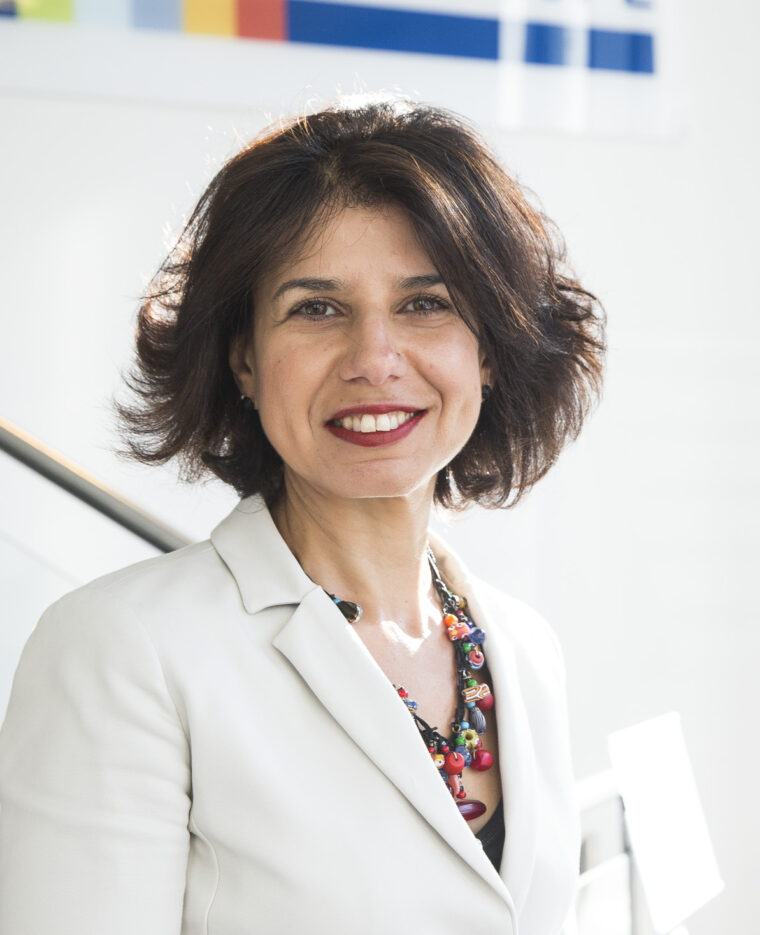“To gain access to Brazil it is important to act with humility”
Portuguese people who stand out abroad are helping to find out where business opportunities are and what kind of companies and activities the country can attract. An initiative that brings together Negócios and the Portuguese Diaspora Council.
1. WHAT LED YOU TO LEAVE PORTUGAL?
In my case, the decision to have an international experience happened late in my professional career, spent essentially in Portugal. Very different, therefore, from the reasons that have motivated our young people to leave in recent years. I would say there were essentially two reasons. Firstly, the desire for professional growth through professional management experience in an international environment, with broader horizons and challenges of different nature. Additionally, and after having developed the majority of my career in various positions in the banking sector, the last of which was as Executive Director at Banco Montepio, I had the opportunity to be able to make a professional contribution that was not exclusively focused on the profitability of operations. , but that contained a greater purpose. And, to this end, I considered that the best option would be to be part of a development bank with an impact on emerging countries. That’s how I decided to apply to the IFC International Finance Corporation, the bank, within the World Bank, whose mission is to invest and finance the private sector and projects that promote sustainable growth. During this application process, I was fortunate to be chosen as general manager of the bank in Brazil.
2. WHAT ADVANTAGES OR DISADVANTAGES DOES BEING PORTUGUESE BRING YOU?
In fact, I think I have mainly felt advantages, resulting from the recognized versatility and easy adaptability to other environments and cultures that, in general, characterize the Portuguese abroad. Currently, the quality of Portuguese managers and technicians has great international recognition, and this facilitates integration. On the other hand, the opinion that Brazilians have of Portugal has improved a lot in recent years, with a greater feeling of closeness and respect.
3. WHAT OBSTACLES DID YOU HAVE TO OVERCOME AND HOW DID YOU DO IT?
I would say that the first obstacle was what is usually called “leaving the comfort zone”, i.e., having the daring and courage to change and go into the unknown. The second struggle was managing to adapt to a new ecosystem. Suddenly, everything is new, from the organization to your colleagues, to the country and its culture. In my specific case, one of the most important challenges was adapting to an institution that has a management model and culture shaped very much like North American organizations, particularly where personal relationships are less relevant than in Latin cultures. This professional experience forced me to review behavior patterns and make changes in order to navigate and succeed. Basically, it is about incorporating what Charles Darwin said about the evolution of species: “those that survive are not the strongest or the most intelligent, but those with the greatest capacity for adaptation”. Always being ready to learn and adjust becomes essential.
4. WHAT DO YOU ADMIRE MOST ABOUT THE COUNTRY WHERE YOU ARE?
It will soon be four years since I arrived in Brazil and very quickly I understood that I had to put aside the (pre)conceptions I had about the country and Brazilians, if I really wanted to have a better understanding of the real country. One of the first impacts is realizing that Brazil, more than a country, is a true continent, in terms of geography (Brazil has 3 time zones), population and diversity. This gigantic dimension changes all perspectives, firstly because the dimensions of space and time are different. In business, I usually say that Brazil is a country where things happen and become reality, as long as there is a solid and credible business case. Brazilians have a strong culture of entrepreneurship and a desire to achieve, they are curious and innovative and are not afraid of risk. As there are fewer restrictions than in Europe, the interest generated quickly evolves into something more concrete. In another dimension, Brazil is a colossus in cultural terms, with unparalleled social and environmental diversity in the world.
5. WHAT DO YOU MOST ADMIRE ABOUT THE COMPANY OR ORGANIZATION WHERE YOU WORK?
I can say that I already know the house I’m in well and I admire five pillars above all: (i) firstly, having as a mission to promote shared prosperity on a sustainable planet; (ii) be a bank that always invests with the objective of generating relevant impact in terms of sustainable development, whether in economic, social or environmental terms; (iii) be an organization that is also a power house in terms of knowledge and experience, where I can look for examples of success in India or China, but also export success stories here in Brazil to other geographies; (iv) the organizational model and process efficiency, clear strategic definition, focus on results and impact; and, finally, (v) a corporate culture that promotes personal and professional growth, always based on meritocracy.
6. WHAT RECOMMENDATIONS WOULD YOU GIVE TO PORTUGAL AND ITS ENTREPRENEURS AND MANAGERS?
The Portuguese tend to see the Brazilian market as an extension of Portugal, providing a false sense of ease, which is not quite true. Entering the Brazilian market is as challenging as any other emerging market. First of all, to be successful, the business must be structured over a long-term horizon, based on reasonable and credible premises. Investing in the company’s governance, efficiency and culture of innovation is a relevant competitive factor. To access Brazil, it is important to act with the humility of realizing that Brazil has a lot to teach, and, to that extent, one should invest in developing a deep knowledge of the market and the country’s idiosyncrasies and, eventually, consider finding a local partner that allows the implementation and development of the business in a safe way.
7. IN WHICH SECTORS OF THE COUNTRY WHERE YOU LIVE COULD PORTUGUESE COMPANIES FIND CUSTOMERS?
For sure in the agribusiness, infrastructure, renewable energy, tourism and consultancy sectors. I must say that, in carrying out my professional duties, I have always sought to guide and help Portuguese companies seeking to position themselves in the Brazilian market.
8. IN WHICH SECTORS IN PORTUGAL COULD COMPANIES FROM THE COUNTRY WHERE YOU LIVE WANT TO INVEST?
Brazil has been increasing its investments in Portugal in the areas of real estate and tourism, aeronautics, wineries, but I believe it can easily be extended to other areas. For many years now, there has been talk of strategically positioning Portugal as a hub for companies from Latin American and African countries to enter Europe. In my opinion, this plan makes perfect sense, but it has yet to be fulfilled. Portugal now has a new opportunity based on the theme of energy transition. Brazil is beginning to position itself as a major producer and exporter of green energy (green hydrogen, ammonia and biofuels), with Europe being one of the importers of choice. Portugal should focus on creating the necessary platforms for the entry of these new energy sources from Brazil to Europe, similar to what the Netherlands has already started to do.
9. WHAT IS THE COMPETITIVE ADVANTAGE OF THE COUNTRY YOU LIVE IN THAT COULD BE REPLICATED IN PORTUGAL?
I would highlight the existence of a developed and dynamic capital market that promotes and supports private investment. The Brazilian government has set up a system of tax incentives for private or institutional investors who purchase bonds from companies with infrastructure and energy projects, which has generated great growth and diversification of financing sources for companies and their projects.
10. ARE YOU THINKING OF RETURNING TO PORTUGAL? WHY?
I still have a few years of professional activity ahead of me but it is in my plans to return, and I want to leverage this international experience to better contribute to the development of Portugal. As North American President J.F. Kennedy said, none of us can stop thinking about what we can do for our country.






